Thriving Earth Exchange is pleased to announce our February 2024 cohort of Community Science Fellows!
They’ll be working with communities across the United States and Mexico to launch impactful community science projects. The partnership will connect communities with scientists and technical experts and support them as they work together to tackle local challenges related to natural hazards, natural resources and climate change. Stay tuned for more information about the impactful projects to come from this launch and the communities who lead and inspire them!
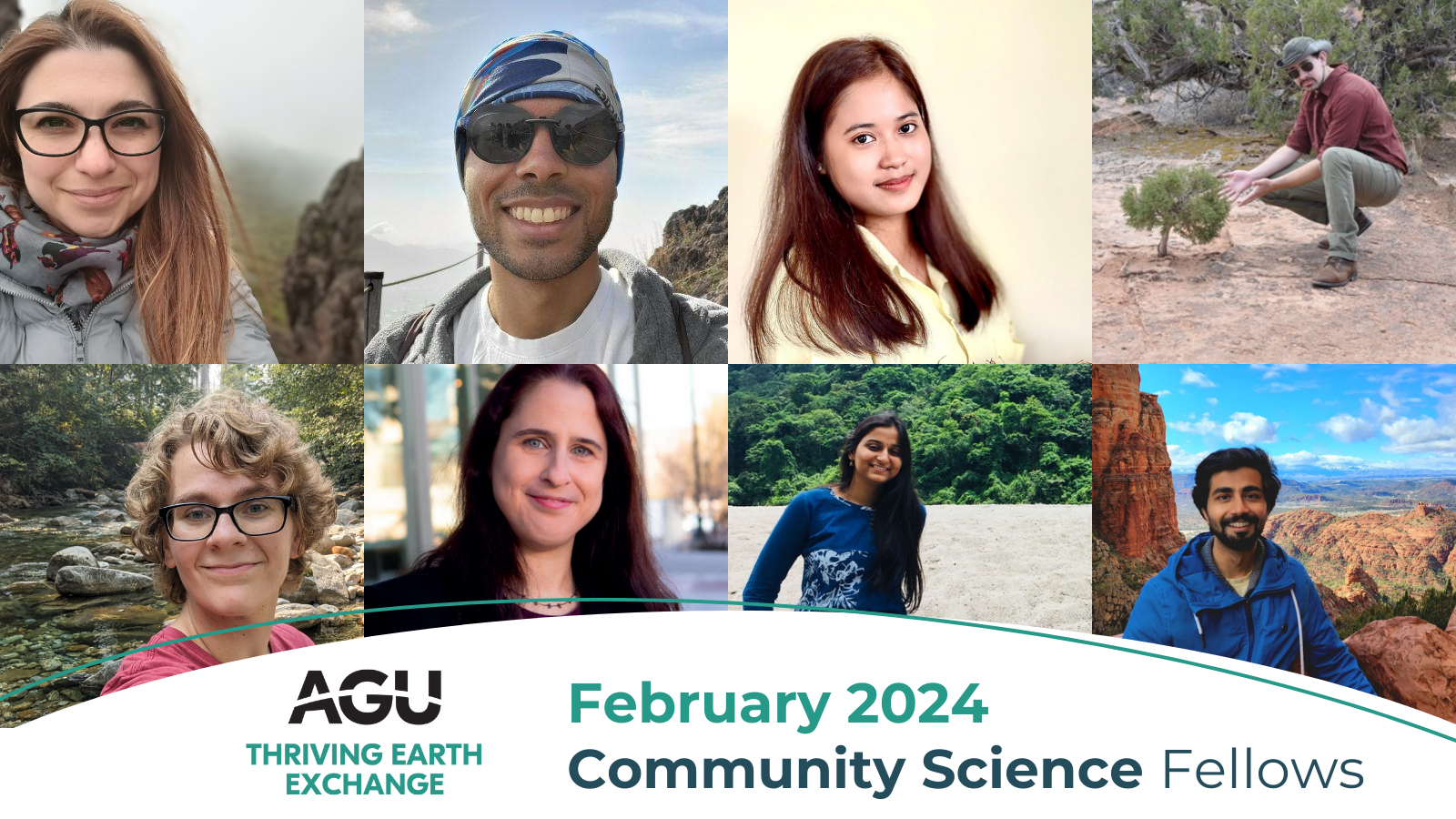
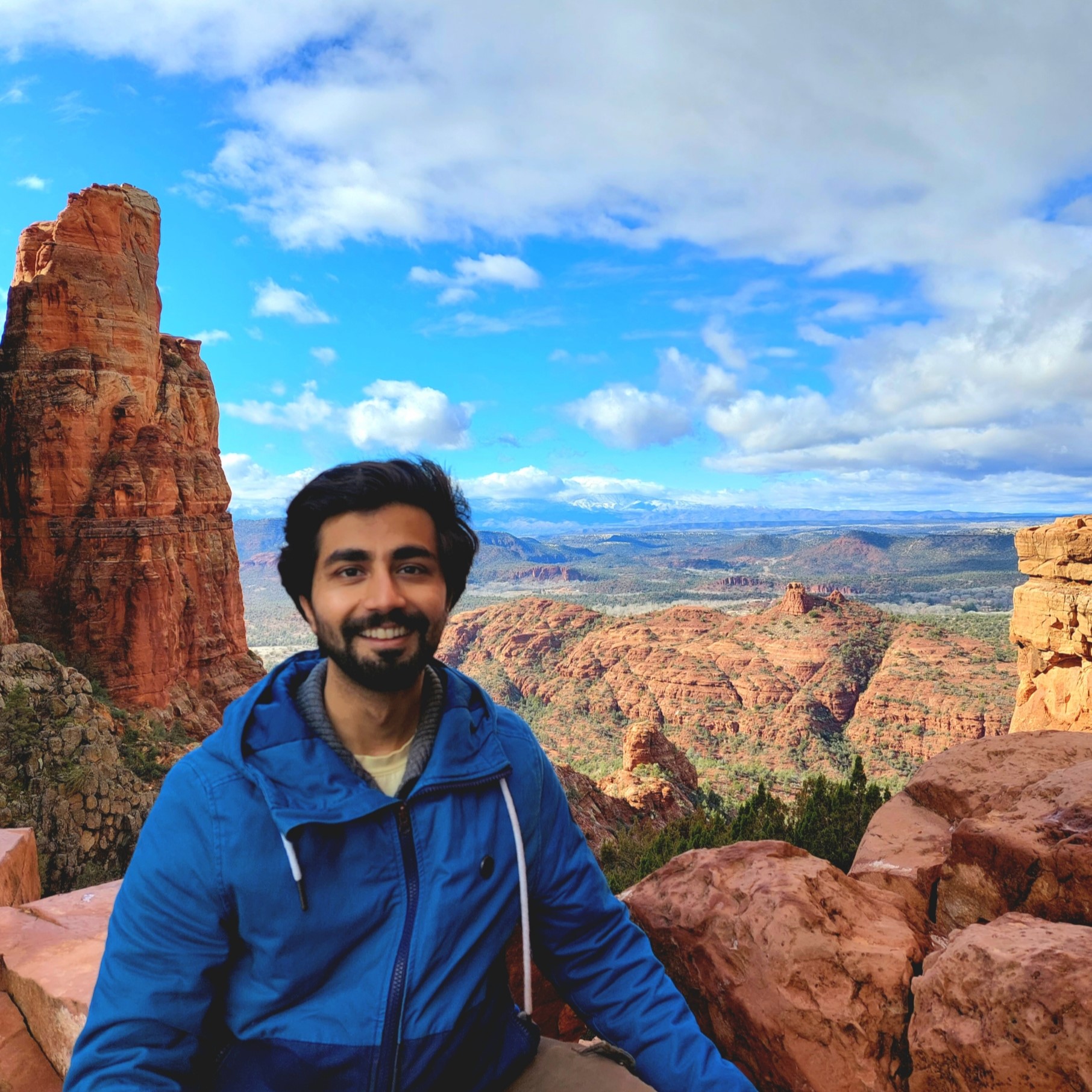
Shashank Anand (he/him/his) currently serves as a postdoctoral research scholar in the Department of Biological and Agricultural Engineering at Texas A&M University. His primary focus is on enhancing the modeling approach for organic carbon dynamics under varying land management practices and changing climatic conditions. Before his current position, Shashank completed his PhD in 2023 at the Environmental Engineering Department at Princeton University. During his doctoral studies, his research was dedicated to unraveling the intricate role of hydrological and geomorphological processes in the evolution of mountain ranges. This involved developing process-based models and drawing insights from available topographic observations. In addition to his PhD, he earned a Doctoral Certificate in Science, Technology, and Environmental Policy from the School of Public and International Affairs (SPIA) at Princeton University. Prior to joining Princeton, Shashank graduated from the Indian Institute of Technology Roorkee with a B. Tech in Civil & Environmental Engineering and a minor specialization in Computer Science. Originally from India, he finds joy in reading and outdoor activities such as playing cricket, biking, hiking, and exploring new destinations through travel.
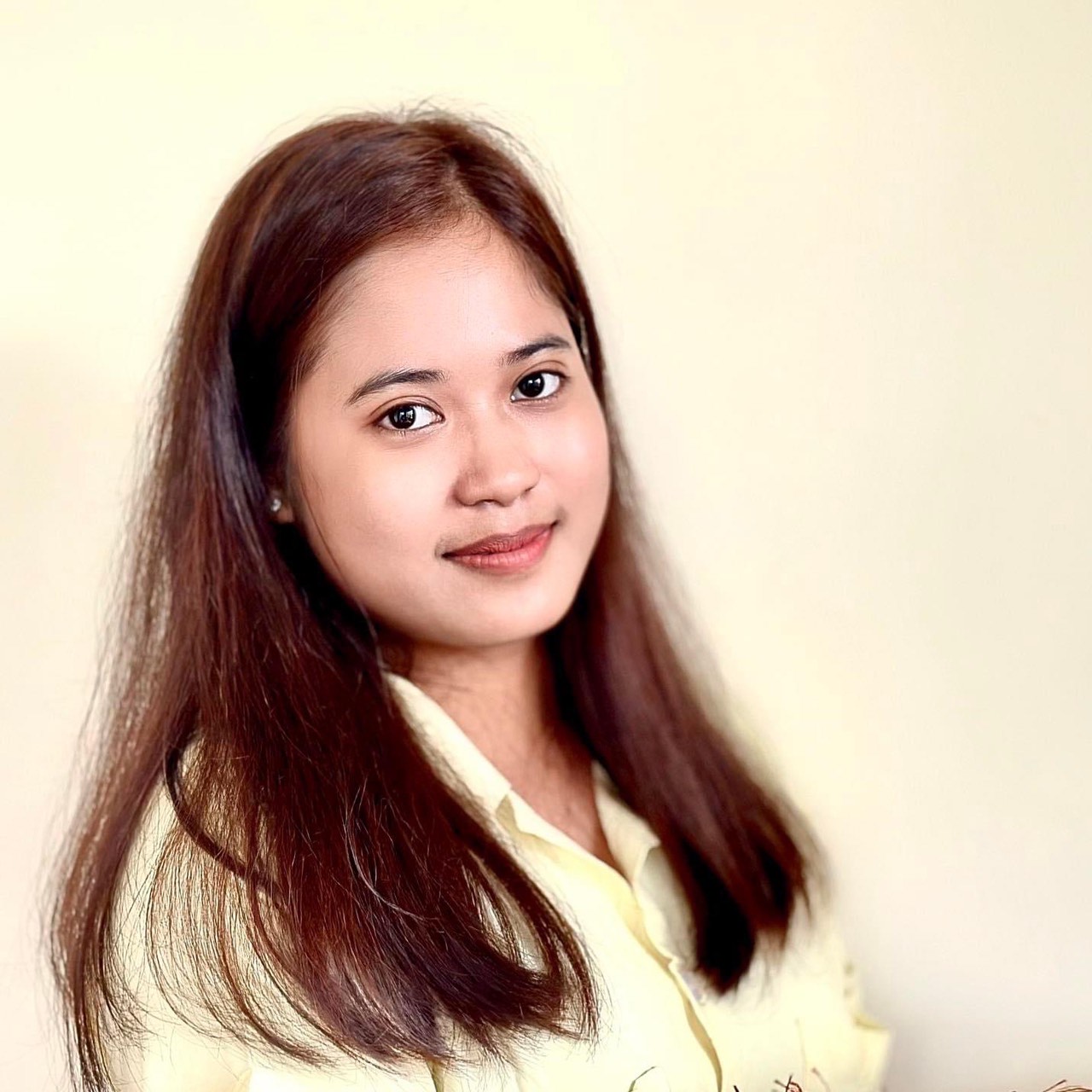
Eaindray Aung is currently pursuing her Master’s in Natural Resources Management (NRM) at the Asia Institute of Technology (AIT) in Thailand. She’s also engaged in environmental awareness projects as a student assistant, focusing on UI/UX design with her professors. Holding a Bachelor’s degree in Zoology from the University of Yangon in Myanmar, she has made significant strides in environmental conservation and digital education. Her work at Fauna & Flora International involved pivotal research on wildmeat consumption and the implementation of integrated agroforestry to mitigate shifting cultivation, tackling crucial environmental issues. Between 2018 and 2023, as part of the Myanmar Mobile Education Project (myME), she excelled in developing and managing impactful social media campaigns and Information and Communication Technology (ICT) initiatives, notably the myME Box, aimed at improving Non-Formal Education (NFE) for out-of-school working children and youths. Eaindray’s role as Project Coordinator at the Myanmar Digital Education Platform (MDEP) showcased her proficiency in managing Learning Management Systems (LMS), where she blended her technical skills with educational insights. Her career stands as a testament to her commitment to blending environmental awareness with educational empowerment, leveraging advanced technology to make a significant impact. She is passionately engaged in sports, with a particular fondness for Badminton and Volleyball. Additionally, cooking is not only a significant interest but also a cherished hobby for her.
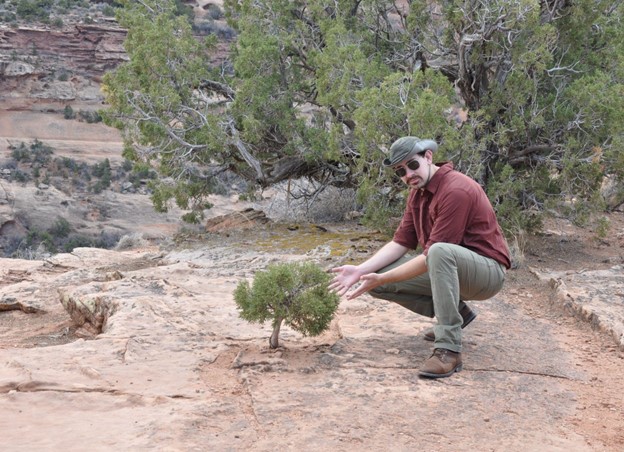
Michael Barthelmes (he/him) is a geology writer/editor at Colorado State University. Through a partnership agreement with the National Park Service (NPS), Michael provides geologic support to park units across the NPS system. He is passionate about science communication and geoheritage, especially finding the connections between the geologic story and the cultural and historical stories of parks. Michael studied geology at Cornell College and earned a master’s in communication and media Management from Colorado State University. Through his work with the park service—and the fact that geologic features and processes do not tend to end at NPS boundaries—Michael has gained an appreciation for the role of community science in addressing geologic issues. He looks forward to applying and deepening this understanding with Thriving Earth Exchange. In his spare time, Michael enjoys camping, hiking, listening to music, and all things baseball.
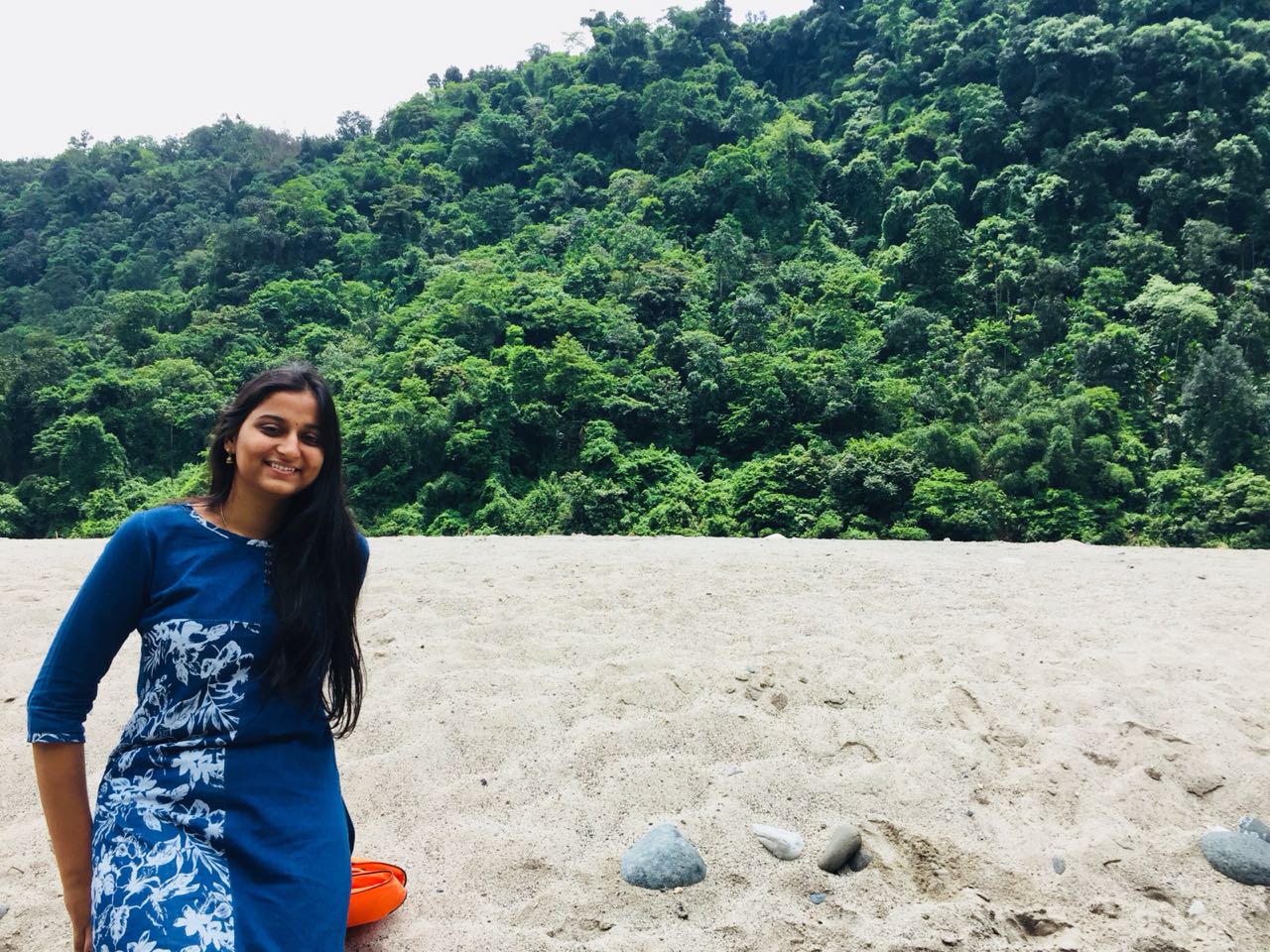
Ms. Phani Devarakonda is a Research Assistant at the Bharti Institute of Public Policy (BIPP), Indian School of Business (ISB) in India. Her research interests focus on the intersection of environmental and public health, utilizing geospatial technologies. She aspires for her work to assist policymakers in evidence-based decision-making for targeted interventions.
Ms. Devarakonda has prior experience as a community scientist with AGU’s Thriving Earth Exchange, where she focused on Childhood Lead Poisoning in the state of Mississippi (https://thrivingearthexchange.org/project/duck-hill-ms/). Collaborating with other scientists, partner organizations, and community leaders on the ground in Duck Hill, Mississippi, one of the selected pilot locations for the study, she actively worked to facilitate the integration of scientific research with community action, bridging the gap between research and practice.
Ms. Devarakonda firmly believes in incorporating community voices into research. This inclusive approach enhances the quality, relevance, and impact of research, contributing to a more sustainable and equitable scientific landscape.
Outside of work, Ms. Devarakonda enjoys practicing yoga, strolling through the local zoo, and delving into post-apocalyptic novels. Her favorites include “The Birds” by Daphne du Maurier, as well as “Mist” and “Cell” by Stephen King.
Janet Greene – photo and bio coming soon!
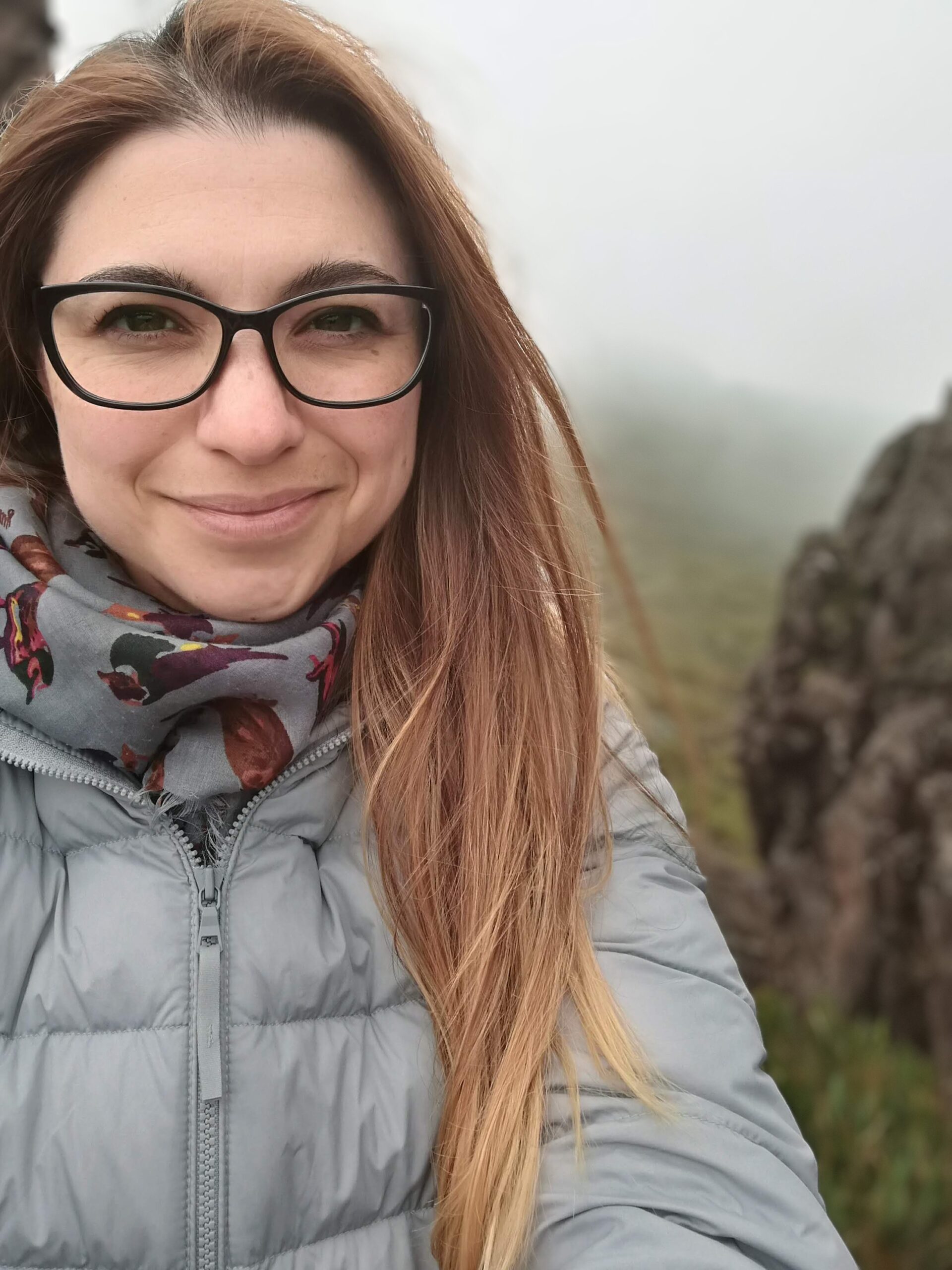
Caroline Huguenin is currently a PhD candidate in the geography department at the University of Florida. She holds a master’s degree in water sciences and engineering and a degree in civil engineering. During her PhD she collaborated with professionals from diverse backgrounds such as anthropology, agricultural engineering, and law, which helped her further develop a unique ability to bridge the gap between science, engineering and policymaking. Her current research deals with linking drivers of precipitation with extreme climate in a basin in Northwestern Costa Rica. Having worked in diverse teams at the University of Florida and internationally, Caroline demonstrates adaptability and success in culturally diverse environments. Inspired by volunteer work in Costa Rica, witnessing the impact of extreme weather on vulnerable populations fueled Caroline’s passion for
water-related challenges, climate advocacy and community-based solutions.
Liza Khmara – photo and bio coming soon!
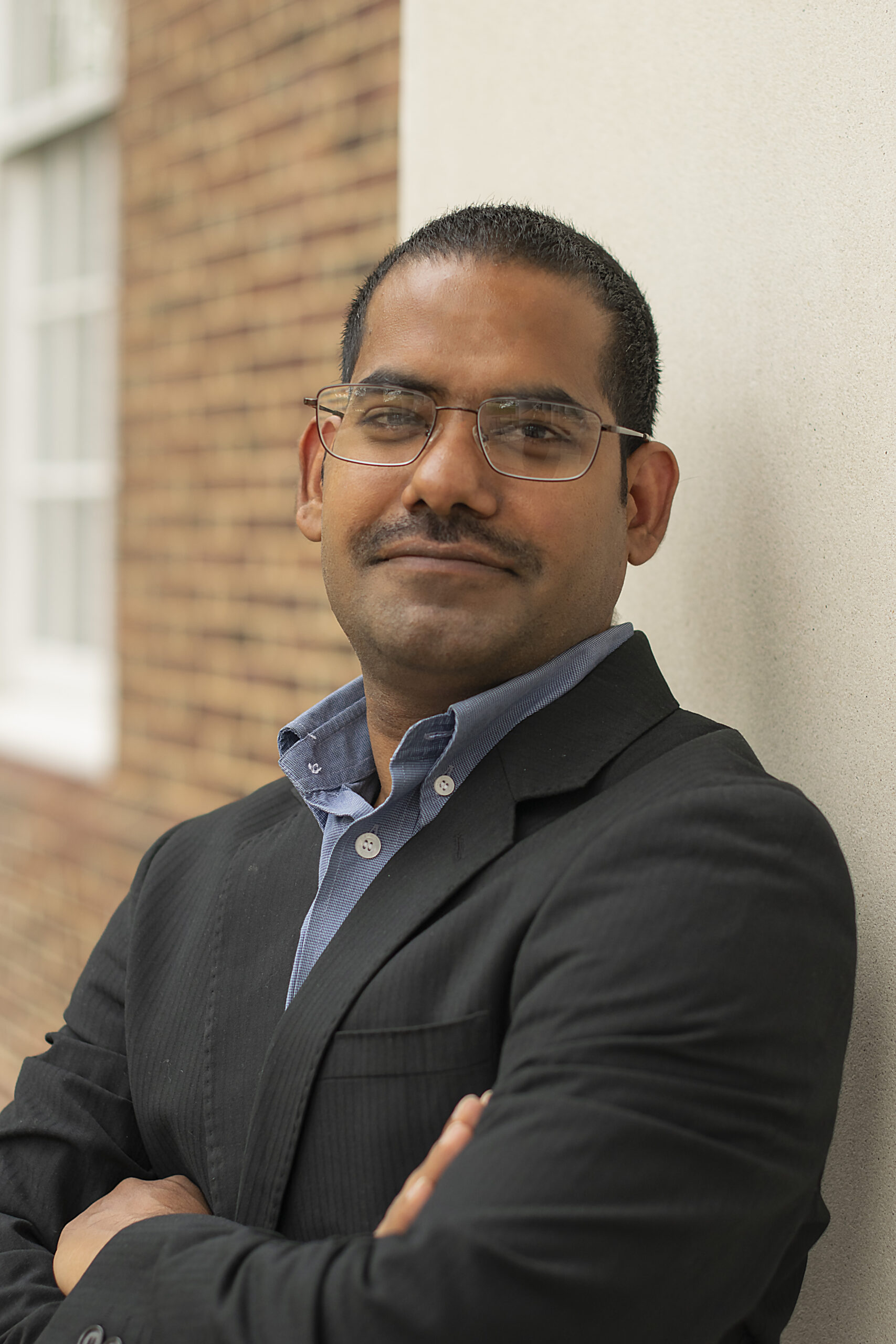
Narayan Kumar – (He/Him) is a 2nd-year PhD student at the University of Delaware in the Coastal Engineering specialization. Prior to the start of graduate study, he trained himself as a mechanical engineer for more than 5 years, with extensive expertise in project planning, execution and management. His current research is focused on Hydrodynamic numerical modelling and morphology simulation of sediment transport in the nearshore region to gauge their effect on beach profile evolution. He was a Western Dredging Association (WEDA) Fellow of 2023 and recipient of the 2023 N. Kraus Coastal Award by the American Beach and Shoreline protection Association
(ABSPA). He is striving to collaborate and amalgamate science and community knowledge to resolve the grass-roots issues of society. In his spare time, he watches light comedy movies, learns the French language, and occasionally runs marathons and goes hiking.
Ashley Knoch – photo and bio coming soon!
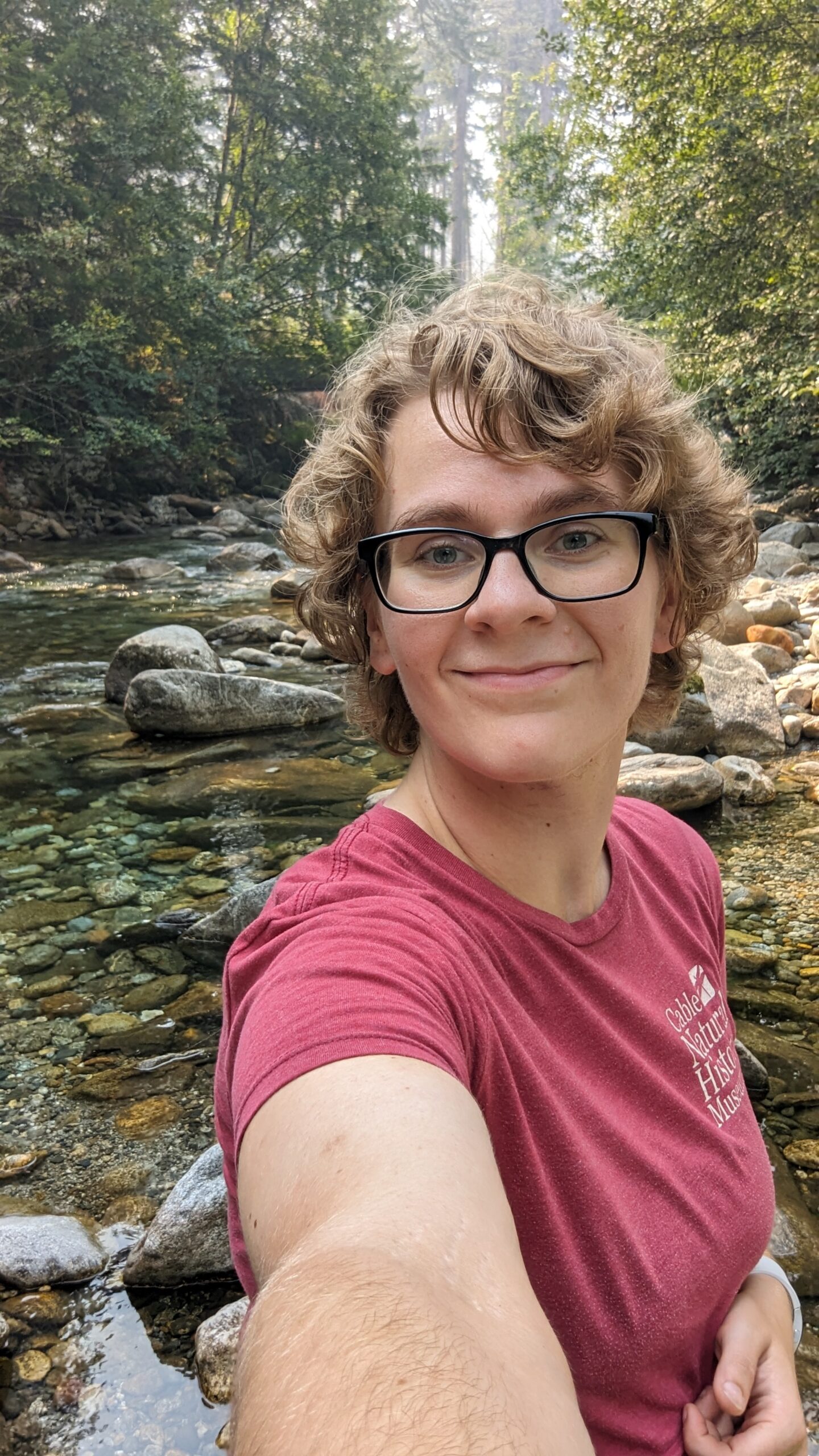
Norveig Olson (she/her) is a Park Guide for the National Park Service at Lake Roosevelt National Recreation Area in Kettle Falls, Washington. Her job has taken her from her hometown in the Upper Peninsula of Michigan next to the shores of Lake Superior, to the 700 feet underground in Carlsbad Caverns. Her job and passion involve talking to people on ways to connect to the nature around themselves regardless of where we find ourselves. Using citizen science tools to teach and help people identify trees, birds, and even bugs, because how can we appreciate what we are losing if you don’t know what any of it is? She graduated from Northern Michigan University in Fisheries and Wildlife Management, and a minor in Native American Studies. Her goal is to bring people closer to a connected living Earth, not just connected people. When she isn’t outside catching and taking pictures of insects with kids, she enjoys snuggling up with her cat, playing board games, foraging, reading and writing poetry.
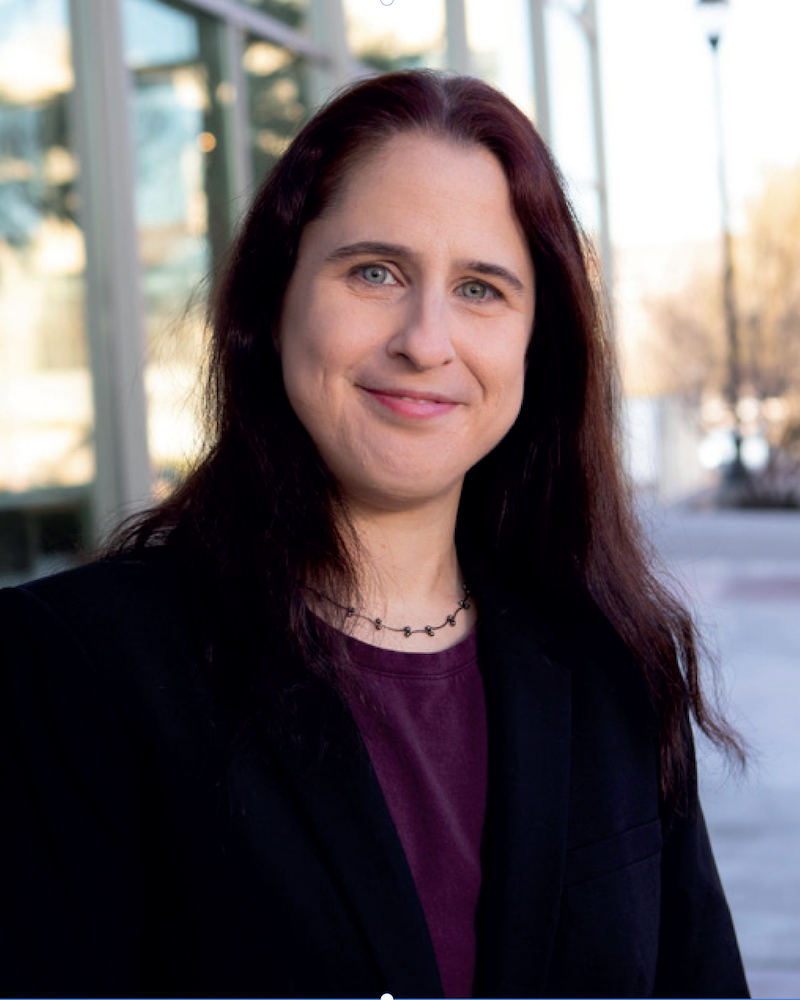
Dr. Wendy Schatzberg is an Associate Professor of Chemistry at Utah Tech University in Saint George, Utah. She received her doctorate at the University of Northern Colorado, a postdoc at the University of Iowa, and a National Science Foundation Fellowship at the National Institute of Education at NTU Singapore. She does chemical nanoscale research, with a focus on scanning electron microscopy (SEM) and the unique synthesis of metal alloy nanomaterials, and research in chemistry education, focusing on metacognition and misconceptions. She has presented and published numerous studies in both physical chemistry and chemistry education, along with co-authoring a book on international science education standards and practices. Over the past three years she was also the director for the Center of Teaching and Learning at Utah Tech University, running over 200 workshops for faculty, staff, and the community on various ways to improve communication, teaching, and technology.
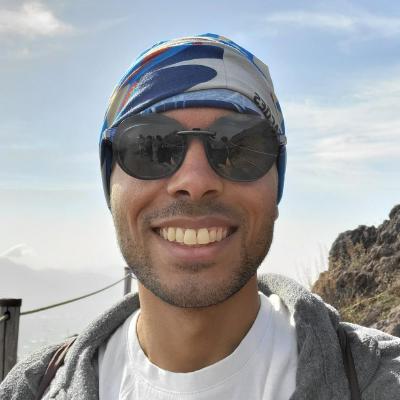
Carson Silviera holds a degree in Biological Sciences and a master’s degree in Ecology. He is early-career researcher interested in topics related to urban political ecology, such as environmental governance and ecological social movements in cities. In recent years, he has been working with GIS, remote sensing and ecosystem services modelling to assess and address environmental injustice and suffering in urban areas. His interests include swimming, hiking, waterfalls and dancing
